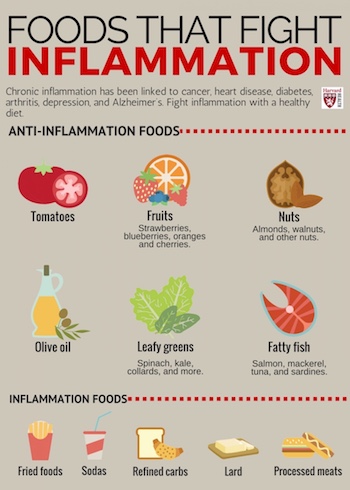Health Care Sharing and the Mediterranean Diet
back
With the unending barrage of debate about the Affordable Care Act (ACA), the American Health Care Act (AHCA), and issues with the insurance industry, it’s important to remember that you do have some other options when it comes to caring for your family. And that in many cases, the options are more affordable and less complicated than the byzantine bureaucracies of the government systems or the insurance industry.
Despite the fact that we are medical professionals at Soulstice, we weren’t really aware of the options until we were introduced to a viable alternative called health care sharing.
A Brief History & Definition of Health Care Sharing
Also known as health care sharing ministries, these organizations are often founded and run in accordance with faith or ethical traditions. As you would guess from the terminology, health care sharing isn’t really insurance, but a way to facilitate the sharing of health care costs among members. Once you become a member, you’re free from the individual mandate part of the ACA.
We did our homework, and our staff really liked the idea of health sharing. Some of us have moved to this model instead of our HMO group plan. The tradition of health cost sharing has been practiced for decades by the Amish, and Mennonites. Our employees were most attracted to Liberty HealthShare because of its exceptional reputation, and because membership in the Mennonite church is not a requirement for membership.
Health care sharing places an emphasis on members taking personal responsibility for their own health, through active living and healthy eating. In fact, the monthly payment members pay is called a ‘personal responsibility,’ rather than an insurance premium. A potential downside might be that members could end up being forced to do a lot of their own price shopping for medical care. In short, besides the monthly personal responsibility, these plans require an investment of time as well.
When a member needs care, they’re typically required to pay the bill themselves, to be reimbursed later by the health share organization. The fact that the initial payment comes directly out of pocket encourages smart choices, such as exercising, hydrating, preventative care, getting enough sleep, and following an eating plan like the Mediterranean Diet that we will discuss below.
Some Physicians Prefer Health Care Sharing to Traditional Medical Insurance
A growing number of physicians have become disenchanted with the current state of health care and have elected to move out from under the governance of health insurance companies. Their solution has been to bring back engaged patient care by becoming a direct primary care (DPC) physician. The health care sharing model allows DPC physicians to partner with their patients in their journey to better overall health, and to coach them through life’s changes, big or small.
Members are encouraged, at minimum, to communicate with their DPC coach once a month, or as often as necessary. More communication may be needed depending on the particulars of a member’s individual health profile. DPC physicians provide patient tips, encouragement, support, and even recipes or adjustments to their daily diet. These programs are custom designed for each member.
Because we were so taken with this concept, we did some research to find a DPC physician we felt comfortable reaching out to as a partner.
Soulstice has aligned with a local DPC physician – Terese Donch, M.D. with Greenwood Village Family Medicine.
Dr. Donch focuses on providing her members with the tools to keep themselves healthy, rather than treating her patients after they become sick. There are obviously a number of factors in a patient's overall health, including sleep habits, exercise and eating habits.
The Mediterranean Diet May Help Prevent Alzheimer's Disease
Most recently, Dr. Donch wrote an article about the important role that diet plays in the prevention of some of our most worrisome diseases. As Hippocrates said, “let food be thy medicine,” and as Mom always said, “eat your vegetables.” The science has finally caught up with Hippocrates and Mom!
The latest studies on the development of Alzheimer's disease suggest that a diet that is rich in vegetables and fruits as well as low in simple starches and sugars – essentially a Mediterranean Diet or anti-inflammatory diet - may help prevent development of this dreaded illness. Studies are underway right now to see if the Mediterranean Diet can be used to slow the progression of the disease in Alzheimer's patients who have mild cognitive impairment. Early smaller studies in this area have been promising.
So, what is the Mediterranean Diet?
Boiled down to basics, the Mediterranean Diet is:
- Rich in fish and seafood
- Low in red meat and processed meats like cold cuts
- Very high in vegetables and fruits
- High in beans and nuts
- High in olive oil
- Low in sugar and processed, "white," starches such as bleached flour, white rice, and pasta
Recently, cardiology societies recommend a similar nutritional plan for the prevention of heart disease and stroke. This makes a lot of sense since cardiac disease risk factors are also Alzheimer's disease risk factors.
The anti-inflammatory nature of the Mediterranean Diet may also help prevent cancer, as more and more studies indicate a link between inflammation and cancer development.
Please take a look at Dr. Donch’s Medical Minute piece on the Mediterranean Diet and inflammation.
Then take your healthy habits to the next level and receive therapeutic massage on a regular basis. Call 303-628-0205 and set up your next appointment with Soulstice.
